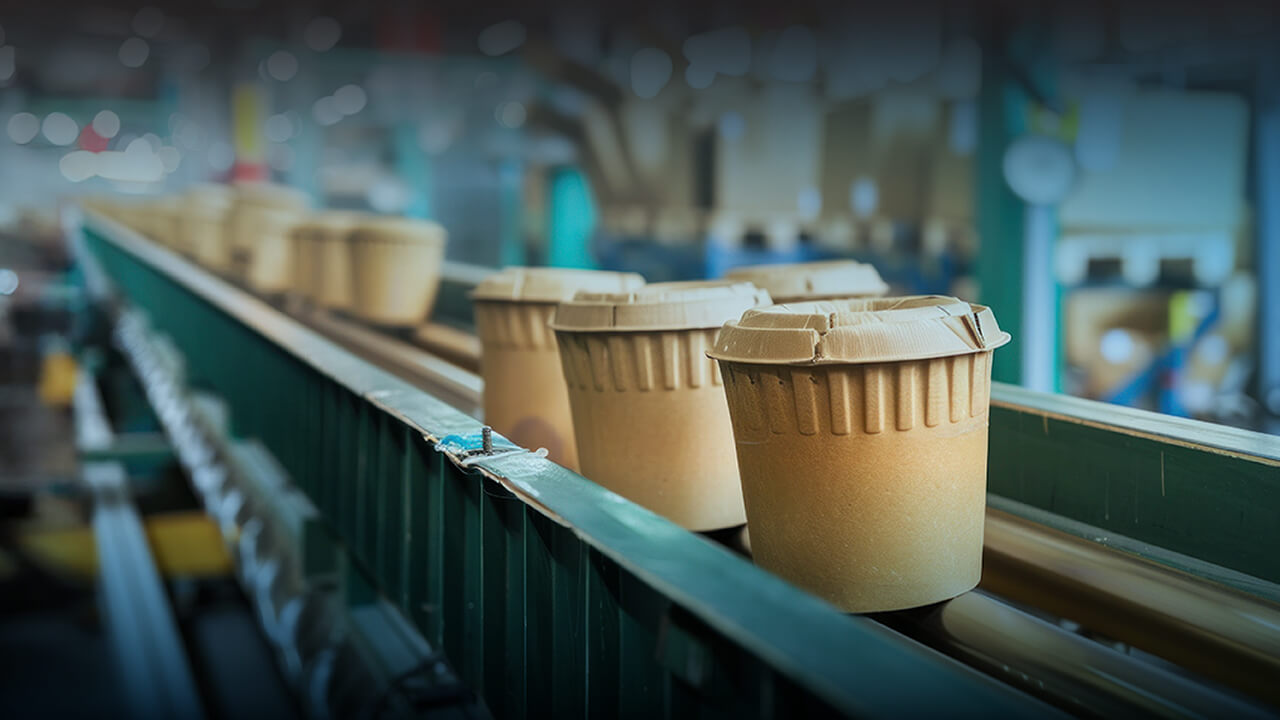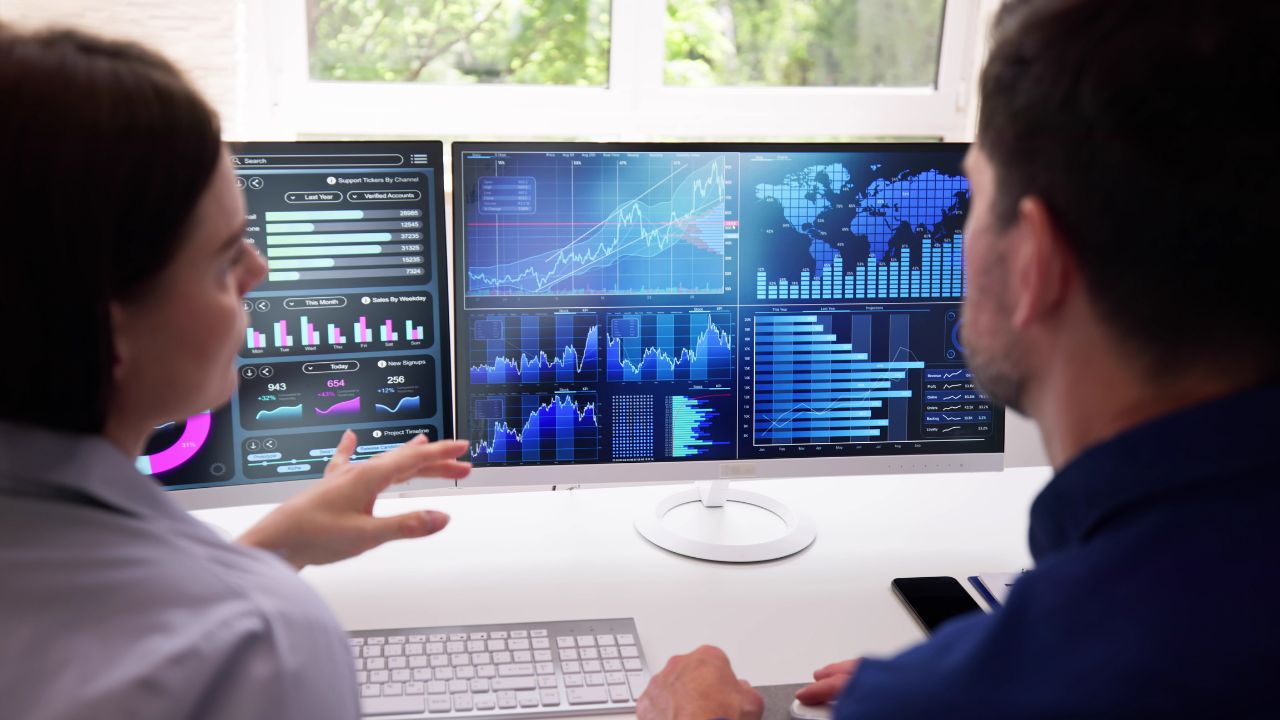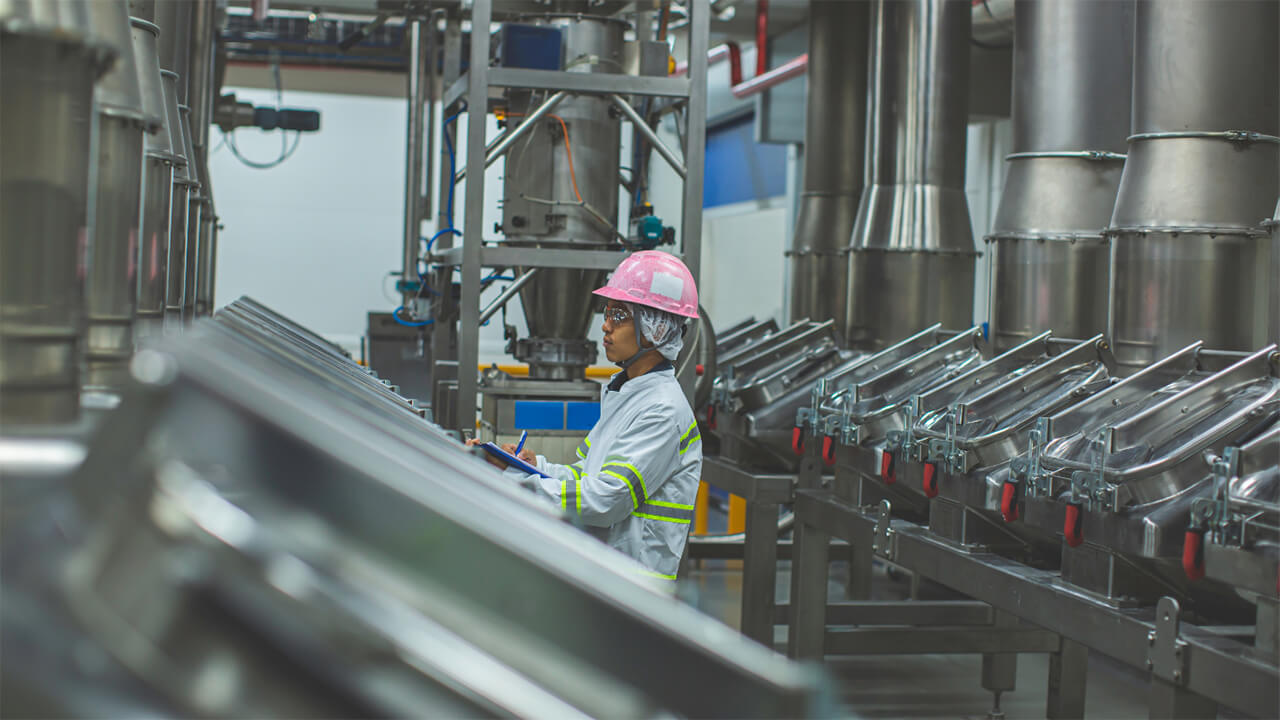ERP in production: From raw materials to the final product with full control

4 min read
Production is not just an assembly line, it is a complex chain of stages that starts from raw materials and ends with the final product. But how can a company have complete control over every step of this process? In our time, enterprise resource management (ERP) systems are a necessity, not a luxury. Through a single platform, they allow for the effective monitoring and management of all stages of production, from the receipt of raw materials to the final delivery to the customer.
The Role of ERP in Production Planning and Its Benefits
ERP systems have significantly changed the way various departments in businesses operate.
When it comes to production planning, ERP systems play a crucial role in integrating and streamlining the entire process, from the procurement of raw materials to the delivery of the finished product. By centralizing data, automating tasks, and providing real-time visibility, ERP enables businesses to optimize production planning activities and make informed decisions.
One of the key advantages of ERP in production planning is its ability to bring together different functions within a company. But how does this happen?
ERP systems are a central hub that connects departments such as inventory management, supply chain, finance, and customer relationship management. The connection allows information to flow seamlessly throughout all stages of production planning, enabling effective coordination and smooth collaboration between teams.
Of course, real-time production planning data monitoring is another big advantage. Businesses are able to have real-time information about inventory levels, resource utilization, production schedules, and customer demand. With all this data, businesses can make data-driven choices to optimize production capacity, minimize bottlenecks, and ensure timely delivery of products to customers.
We cannot fail to highlight the powerful reporting and analytics capabilities offered by ERP systems, which allow businesses to analyze production performance, identify inefficiencies, and implement continuous improvement initiatives.
By leveraging the data offered by ERP, businesses can identify trends, more accurately predict demand, and optimize their production planning strategies. The result? Increased efficiency and significant cost reduction.
The Function of ERP in the Production Line
To fully understand the value of an ERP system, it is important to see how it functions within the production process itself. Every stage, from the entry of raw materials to the exit of the finished product, is monitored, recorded and coordinated through the system, allowing businesses to operate with maximum transparency and control.
Production and quality control
During the production process, an ERP system allows monitoring at every stage, such as the use of raw materials, the operation of equipment and the allocation of labor, in real time. All these processes are recorded and coordinated through the system. In this way, errors are immediately identified, before they become problems.
At the same time, quality control is integrated into the workflow, allowing quality assurance at every stage of production and not only in the final product. This way, the company is sure that its products meet the desired standards and comply with regulations and certifications.
Packaging, storage and inventory update
After the products are completed, they proceed to be packaged and stored. ERP systems at that stage automatically record the quantities of finished products, updating inventories in real time and integrating movements in the supply chain.
Furthermore, through an ERP system, businesses have the ability to do traceability, so all relevant data for each batch is recorded, from the raw materials used to the time it took for production. This provides transparency, security and the ability to react immediately in the event of a recall or a problem with the quality of the product.
Delivery and monitoring after production
The ERP system offers valuable information even after the completion of production, continuing to support the handling and delivery processes, ensuring coordination with logistics and order management. Customers receive the products on time and, for their part, production managers control the progress of each order, identify delays and improve the overall customer service experience.
At the same time, ERP also collects data after delivery, allowing for the assessment of efficiency, the identification of trends and the adjustment of processes based on actual results. Thus, production becomes a dynamic and evolving system, not a static process.
Therefore, given that the needs of businesses evolve and production processes become increasingly demanding, the adoption of a comprehensive ERP system is no longer an option but a strategic investment. With the right implementation, ERP is not just a technical tool, but an ally in the effort for better control, consistent quality and sustainable development.


